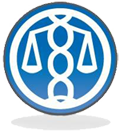Held on the 29th Apr 2019
at 6pm to
7:30pm
Last year Chinese scientist Dr He Jiankui claimed to have created the world’s first gene-edited babies. Dr He’s use of new technology to alter the embryonic genes of twin girls caused an international outcry over the ethics and safety of this type of science.
For the past 25 years, a team in the Law Faculty at the University of Tasmania has been researching the complex ethical, legal and social implications (ELSI) of advances in genetics, genomics and related technologies. The Centre for Law and Genetics has focused its research effort on the situation in Australia, but positioned this research within a global context. To celebrate the 25th anniversary of its work, the Centre is hosting a public forum, which will outline a number of the key current ELSI debates, both within Australia and internationally. Featuring experts from Canada and Japan, as well as the University of Tasmania, it will also seek feedback from the audience on these issues.
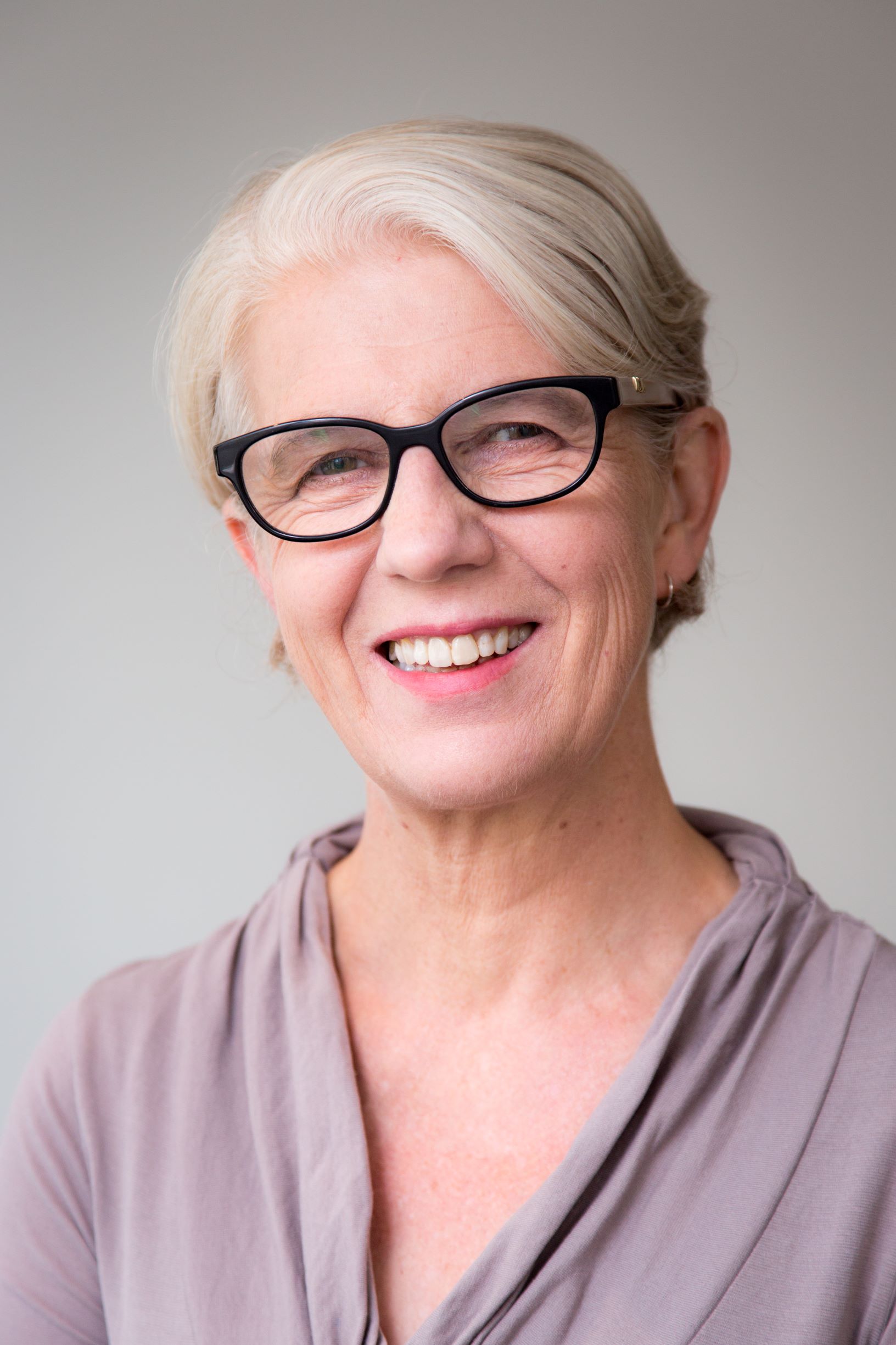
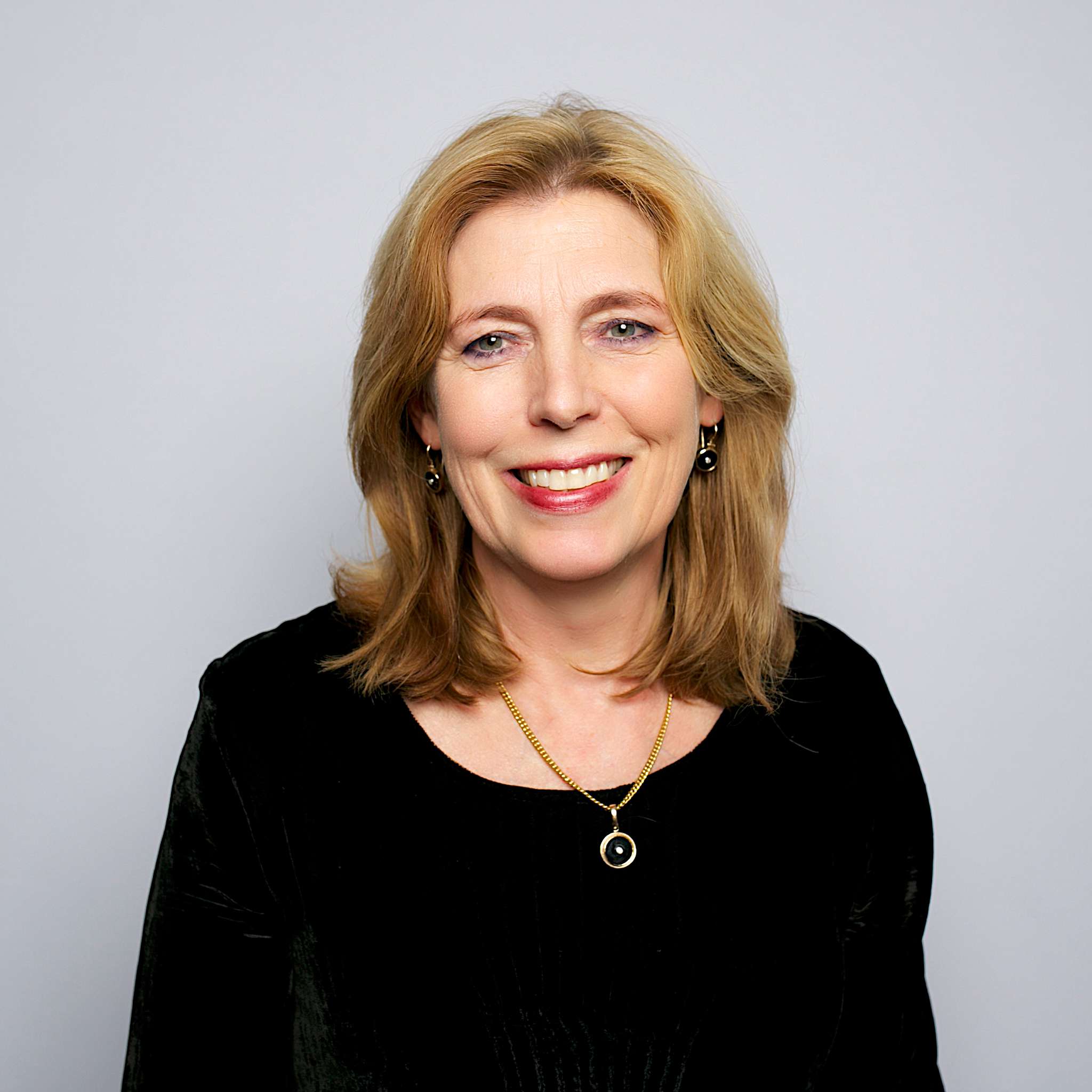
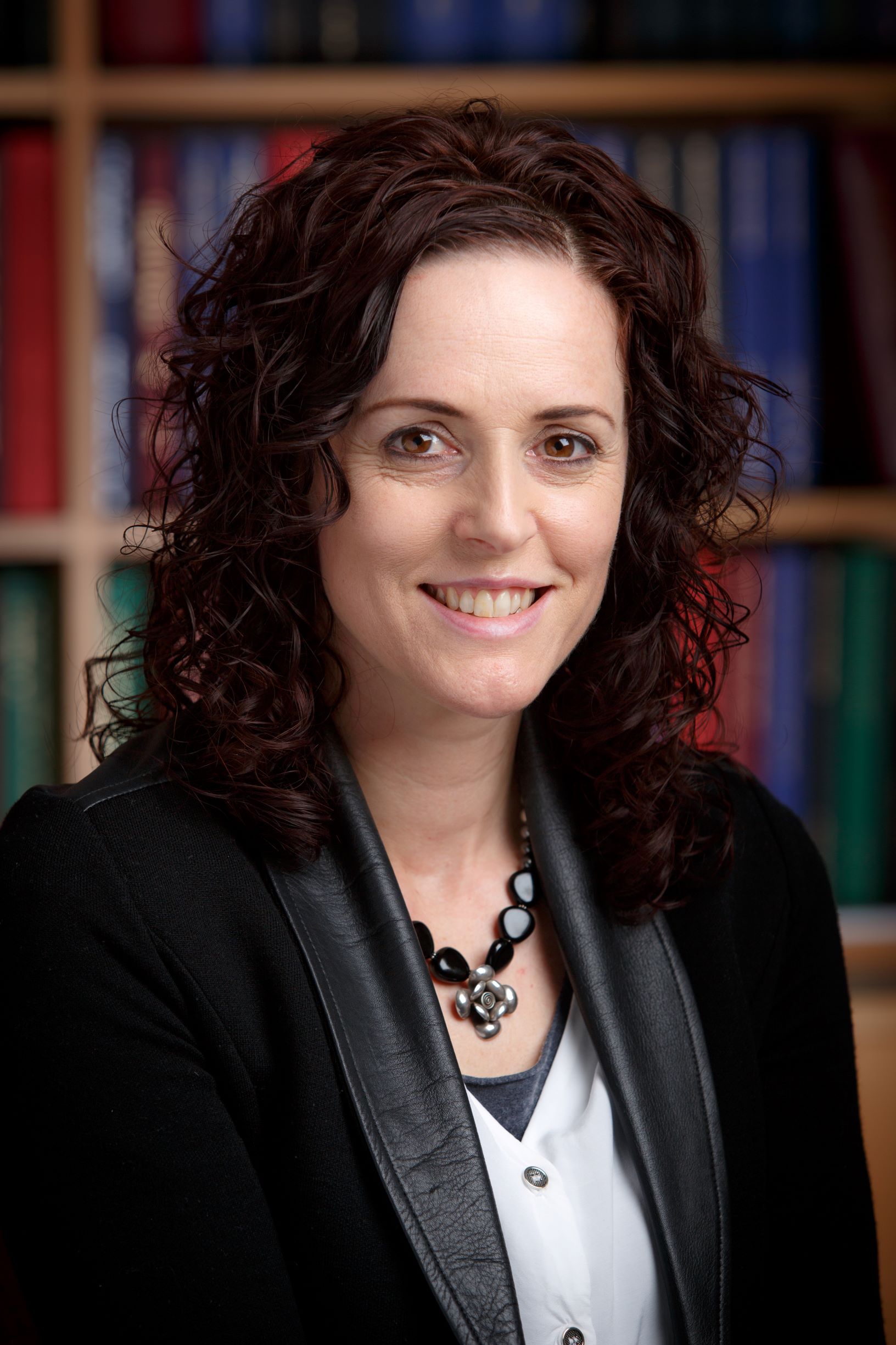
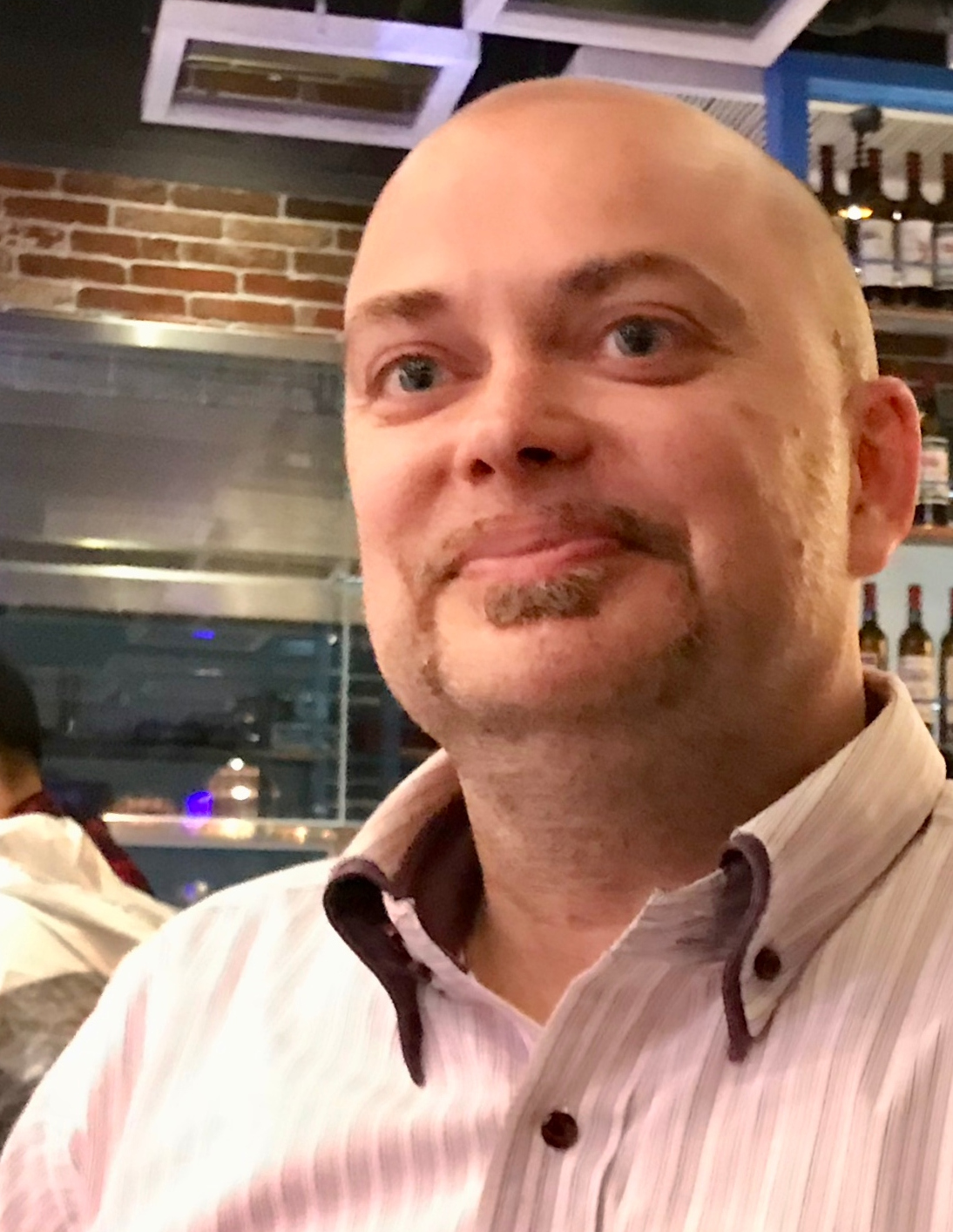
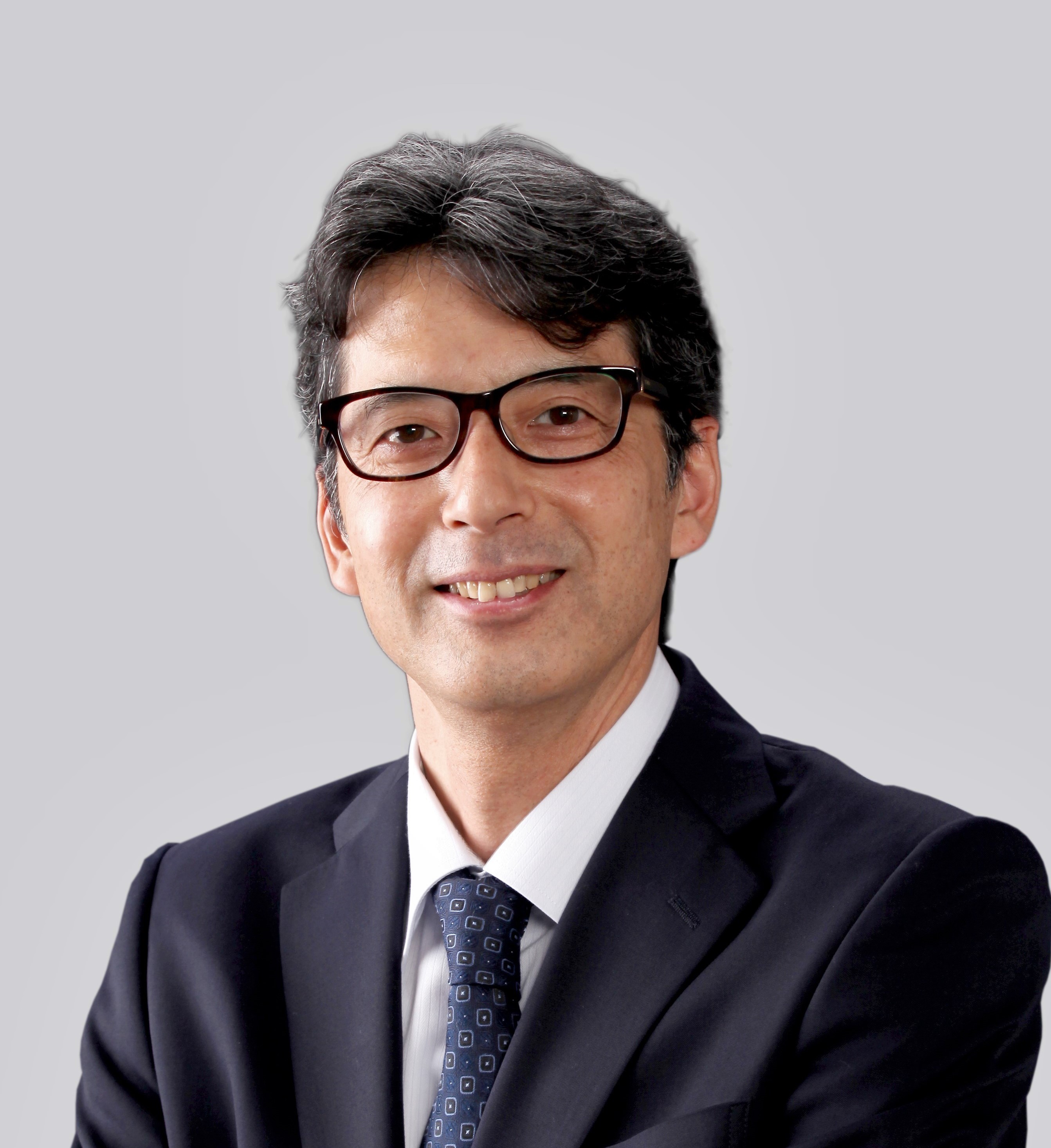
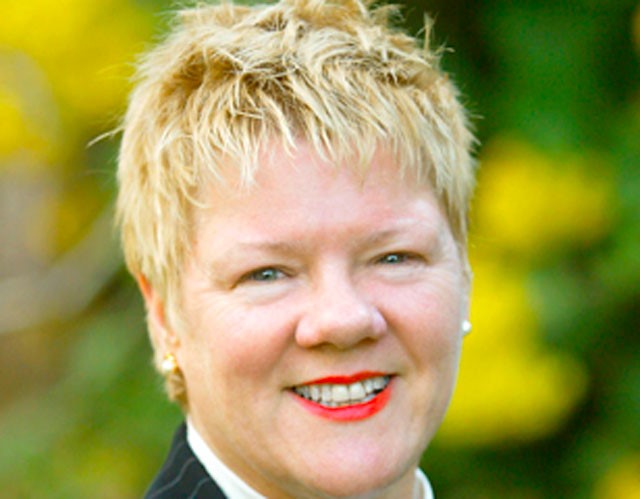
About the Speakers
- Professor Dianne Nicol. Dianne is a Professor of Law at the University of Tasmania and Director of the Centre for Law and Genetics (CLG). Dianne’s research at the CLG focuses on the regulation and governance of personalized medicine, biobanking, genome editing and other emerging technologies, together with commercialisation of biotechnology and patenting of biotechnological inventions. Dianne also held the role of Chair of Academic Senate at the University of Tasmania from 2013 to 2018. She has been a member of a number of national committees, and in 2018 was appointed as Chair of the National Health and Medical Research Council (NHMRC) Embryo Research Licensing Committee. She is a fellow of the Australian Academy of Law.
- Professor Margaret Otlowski. Margaret is Professor of Law at the University of Tasmania and Deputy Director of the Centre for Law and Genetics (CLG). She served as Law Faculty Dean from 2010-2017 and is currently Pro-Vice Chancellor (Culture and Wellbeing). Margaret’s CLG research has focused on privacy, discrimination, consent, biobanking, data sharing and regulatory issues. She has held quasi-judicial roles, including as member of the Tasmanian Anti-Discrimination Tribunal, and has served on the NHMRC’s Human Genetics Advisory Committee and Australian Health Ethics Committee, and is currently a member of the Australian Research Integrity Committee. She is a Fellow of the Australian Academy of Law and Patron of Tasmanian Women Lawyers.
- Dr Jane Nielsen. Jane is a Senior Lecturer in Law at the University of Tasmania and a member of the Centre for Law and Genetics (CLG). Jane is particularly interested in how we regulate innovative health technologies as they move toward the clinic, and how commercialisation impacts on access to these technologies. Her research focuses on the impact of patents on the availability of health technologies. Her work is now focusing on how we ensure the benefits of treatments arising from bioprinting technologies can be safely realised. Jane is currently Associate Head (Research) in the Faculty of Law and an Associate Investigator with the Australian Centre of Excellence for Electromaterials Science based at the University of Wollongong.
- Associate Professor Yann Joly. Yann is an Associate Professor in the Faculty of Medicine at McGill University in Canada, with cross appointments in human genetics and bioethics. He is the Research Director of the Centre of Genomics and Policy at McGill. Yann’s research interests lie at the interface of scientific knowledge, health law and bioethics. He chairs the Bioethics Workgroup of the International Human Epigenome Consortium and the Ethics and Governance Committee of the International Cancer Genome Consortium. He is also a member of the Human Genome Organization Committee on Ethics, Law and Society. In 2012, Yann received the Quebec Bar Award of Merit (Innovation) for his work on the right to privacy in the biomedical field. He is a Fellow of the Canadian Academy of Health Sciences.
- Professor Kazuto Kato. Kazuto is Professor of Biomedical Ethics and Public Policy at the Graduate School of Medicine, Osaka University, Japan. He specialises in biomedical ethics, science communication and public policy of life sciences, with a focus on human genome research, particularly whole genome and exome analysis. He has served as a member of various international groups including the Ethics Committee of the Human Genome Organization and the Ethics and Policy Committee of the International Cancer Genome Consortium. In 2019 he was appointed to the World Health Organisation Expert Advisory Committee on Developing Global Standards for Governance and Oversight of Human Genome Editing.
- Professor Emeritus Loane Skene recently retired after 20 years as a Law Professor in the Melbourne Law School. Earlier, she was a solicitor in Melbourne and the United Kingdom and a policy adviser in Canada and Melbourne, spending ten years with the Victorian Law Reform Commission. Her research interests include the 'ownership' of human bodily material, a project undertaken with colleagues at the Law School at the University of Tasmania and the Centre of Law and Genetics. She has been a member of the NHMRC Australian Health Ethics Committee and has served on the two major federal committees on human cloning and embryo research, along with numerous other federal and state advisory committees.
Refreshments from 5.30pm.
